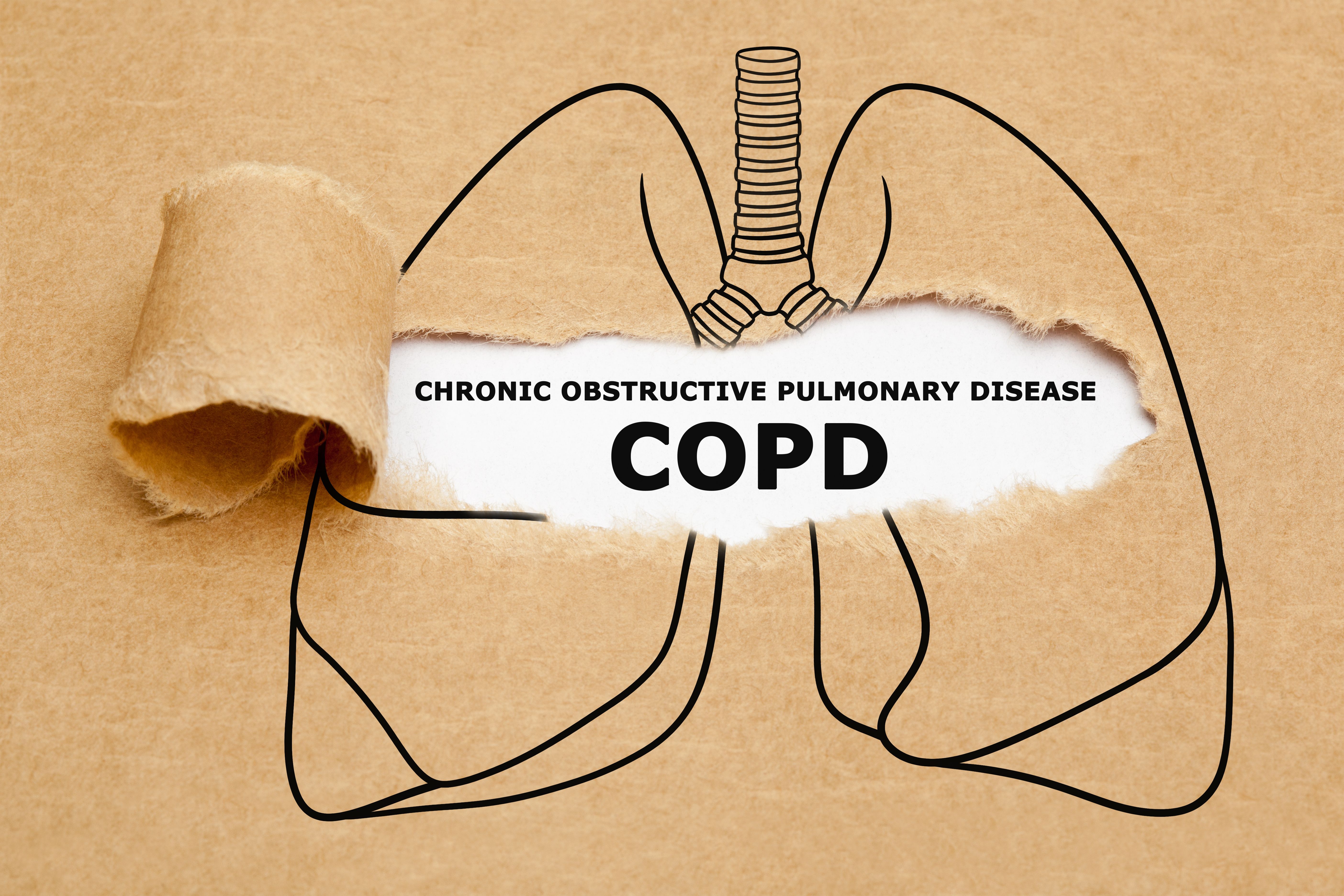
- Center on Health Equity & Access
- Clinical
- Health Care Cost
- Health Care Delivery
- Insurance
- Policy
- Technology
- Value-Based Care
Patients With COPD, Muscle Loss Phenotype Face Increased Risk of All-Cause, COPD-Related Death
Patients with chronic obstructive pulmonary disease (COPD) and muscle loss phenotype (MLP) have an elevated risk of all-cause or COPD-related mortality.
Patients with chronic obstructive pulmonary disease (COPD) and muscle loss phenotype (MLP) face an increased risk of all-cause or COPD-related death, according to a study published in BMC Pulmonary Medicine.
The researchers explained that the loss of muscle mass or strength, which they considered an MLP, is a major contributor to morbidity and mortality in COPD. They identified patients with MLP as those with low total muscle mass, peripheral muscle mass, muscle strength, or combined muscle and fat mass. The researchers measured total muscle mass through fat-free mass index (FFMI), peripheral muscle mass through appendicular skeletal muscle index (ASMI), muscle strength through handgrip strength (HGS), and combined muscle and fat mass through body mass index (BMI). Patients with evidence of MLP were those who satisfied one or more individual measures of skeletal muscle mass or strength.
Previous administrative data analyses showed that MLP diagnoses “can reliably and consistently predict adverse outcomes” in patients with COPD. However, they noted that, currently, limited data are comparing individual MLP traits with clinical outcomes in patients with COPD. Consequently, the researchers conducted a study to determine the proportion of patients with COPD who met the criteria for an MLP, along with which MLP features were associated with all-cause and COPD-related mortality.
COPD | Image Credit: Ivelin Radkov - stock.adobe.com

To do so, they utilized data on adult patients with COPD between the ages of 37 and 73 years who took the UK Biobank baseline survey between 2006 and 2010. The baseline survey involved patients answering questions about their illnesses by completing either verbal interviews or touchscreen questionnaires; those who participated also underwent a physical examination and provided biologic samples.
Of those within the UK Biobank, the researchers identified 55,782 patients with COPD who were followed for a median of 70.1 months. The COPD cohort consisted of 56% males, and the mean (standard deviation [SD]) age at assessment was 59 (7.5) years.
Most of the study population had early-stage COPD with a mean (SD) first expiratory volume in the first second (FEV1) percentage of 79.2% (18.5%); based on the Global Initiative for Chronic Obstructive Lung Disease guidelines, most patients had either mild (50.4%) or moderate (42.8%) COPD. Also, the researchers found that 53.4% of patients with COPD identified had evidence of an MLP.
Compared with patients with COPD, those with COPD and MLP were 19.7% more likely to be hospitalized (adjusted odds ratio [aOR], 1.197; 95% CI, 1.184-1.210). Consequently, MLP was less common in patients with COPD who avoided hospitalization (aOR, 0.88; 95% CI, 0.82-0.94). Compared to those without MLP, the researchers found that a greater proportion of patients with COPD and MLP reported 3 (25.1% vs 23.6%; P < .001) or 4 (19.4% vs 15.0%; P < .001) hospitalizations during the follow-up period.
Additionally, the researchers observed 5608 deaths (10.1%) in the COPD cohort, 907 (16.2% of deaths) of which were COPD-related; the mean (SD) age at the time of death was 70 (6.5) years. After adjusting for covariables, they determined that there was a 30% higher risk of death in patients who met any criteria for MLP (HR, 1.3; 95% CI, 1.2-1.4).
Lastly, the hazard of dying due to COPD was 70% higher (HR, 1.7; 95% CI, 1.5-2.0) than other causes of death for patients with COPD and MLP. More specifically, the researchers determined that BMI (HR, 2.2; 95% CI, 1.5-3.3) had the highest association with death, followed by FFMI (HR, 2.0; 95% CI, 1.7-2.4), ASMI (HR, 1.7; 95% CI, 1.4-2.0), and HGS (HR, 1.6; 95% CI, 1.4-1.9).
The researchers acknowledged their study’s limitations, one being that the true duration of COPD within patients may be longer than what is recorded in the UK Biobank. They explained that it is challenging to identify the true onset of disease due to lead time bias. Also, although the UK Biobank associated MPL with adverse all-cause and COPD-related outcomes, gaps remain in the researchers’ understanding of the underlying mechanisms causing muscle loss and dysfunction in patients with COPD. Based on these limitations, the researchers suggested areas for further research.
“Additional studies are needed to determine the molecular mechanisms of muscle loss and dysfunction in COPD to develop new and innovate therapeutic strategies for COPD patients with MLP,” the researchers concluded.
Reference
Attaway AH, Lopez R, Welch N, et al. Muscle loss phenotype in COPD is associated with adverse outcomes in the UK Biobank. BMC Pulm Med. 2024;24(1):186. doi:10.1186/s12890-024-02999-7
2 Commerce Drive
Cranbury, NJ 08512
AJMC®
All rights reserved.